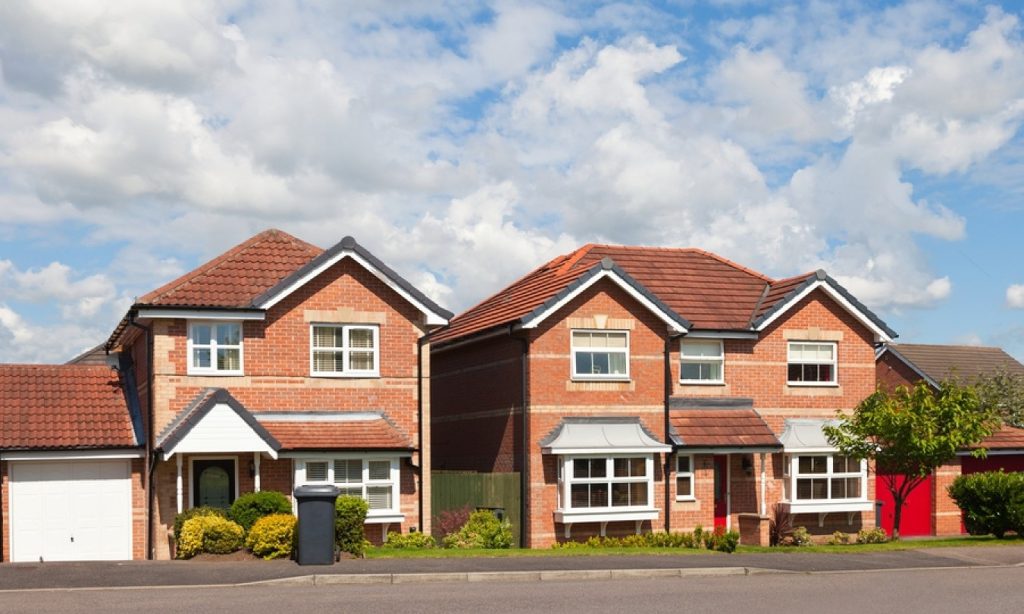Inheriting a house can be a complex and emotional process. One of the questions that may arise when you inherit a property is whether or not you have to sell it. The answer, like many legal and financial matters, is that it depends on your specific circumstances.
There are several factors that may influence your decision about whether to keep or sell an inherited property. These include your financial situation, your personal preferences, and the condition and location of the property.
One of the first things to consider is the financial impact of keeping the inherited property. If you inherit a property with a mortgage, you will be responsible for making the monthly payments on that mortgage. If you cannot afford the mortgage payments, you may need to sell the property to avoid defaulting on the loan. Additionally, there may be property taxes, insurance, and maintenance costs associated with the property that you will need to consider.
Another financial factor to consider is the potential rental income that the property may generate. If the property is located in a desirable area, you may be able to rent it out for a profit. However, becoming a landlord also comes with its own set of responsibilities and costs, including property management and upkeep expenses.
Beyond the financial considerations, there may be personal reasons why you might choose to sell or keep the inherited property. For example, the property may hold sentimental value or it may be located in an area that you or your family members frequent. Alternatively, the property may be in a location that you are not interested in visiting or managing, which could make selling it the more appealing option.
One of the most important things to consider when deciding whether to keep or sell an inherited property is the condition and location of the property. If the property is in good condition and located in a desirable area, you may be able to sell it quickly and for a profit. However, if the property is in disrepair or located in an undesirable area, you may have a more difficult time selling it and may need to invest additional money in renovations or upgrades. Here at sell my house swiftly we help and guide clients to sell their inherited houses.
It is important to note that if you do decide to sell an inherited property, you may be subject to capital gains tax. Capital gains tax is a tax on the profit you make when you sell an asset for more than you paid for it. The amount of capital gains tax you will owe depends on several factors, including the length of time you held the property and your overall income for the tax year.
If you decide to keep the inherited property, you will need to transfer the property title into your name. This process may involve obtaining a grant of probate if the property was not jointly owned. A grant of probate is a legal document that gives you the authority to manage the deceased person’s assets. Further details here on whether to sell or not inherited property.
In conclusion, whether or not you choose to sell an inherited property depends on a variety of factors, including your financial situation, personal preferences, and the condition and location of the property. It is important to carefully consider all of these factors before making a decision. If you do decide to sell, you may be subject to capital gains tax, so it is important to consult with a tax professional to understand your tax obligations.

